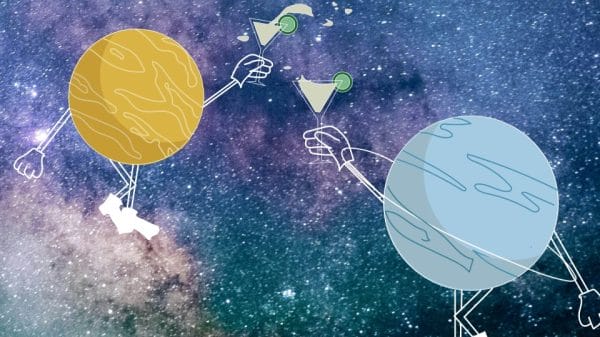Source: wecareonlineclasses.com
You know when you get those late night craving for delicious food, usually between 10PM and 2PM? According to a 2017 study, researchers explain why that’s not only a bad habit, but an extremely unhealthy one. They state that “eating at a later clock hour is a newly described risk factor for adverse metabolic health.” The metabolic clock itself is a very critical and delicate biological factor to healthy living. Messing with such an vital function could have adverse or even detrimental effects on the human body; a fact this study reinforces.
Participants were made up of college students or college-aged individuals and focused on their sleep, circadian, as well as diet habits. The specific design of the study was as followed:
We enrolled 110 participants, aged 18–22 y, in a 30-d cross-sectional study to document sleep and circadian behaviors within their regular daily routines. We used a time-stamped-picture mobile phone application to record all food intake across 7 consecutive days during a participant’s regular daily routines and assessed their body composition and timing of melatonin release during an in-laboratory assessment.
The subjects with higher body-fat percentages and a higher body mass index (BMI) ate more calories in the hours closer to bedtime, when their melatonin levels were highest. Interestingly, the team did not note a relationship between body-fat percentage and variables like calorie amount or meal nutritional content.
Researchers explain that “a potential mechanism for increased body fat in response to later meal timing may be a decreased thermic effect of food (TEF), which is the energy expended in response to a meal.” Other explanations suggest that a potential consequence of eating closer to or after dim light melatonin onset (DLMO) — an index to measure an individual’s circadian rhythm — may be a lower TEF response, which would contribute to a positive energy balance and weight gain over time.
Although interesting, the study could have varying degrees of inaccuracy. First and foremost, the researchers only studied college students and college-aged students. As they put it:
We acknowledge that our population of college-aged individuals may not be representative of the entire population in food choice or timing. Our college population most likely had a delayed circadian phase compared with children and adults.
To put it simply, try to control cravings, limit reckless eating, and let your body rest at the proper time(s). Sometimes, eating is a spur of the moment thing so it’s understandable that you can’t plan everything. However, moderation is critical to healthy living and healthy habits. I suppose the moral of the story is this: don’t eat like a college student.














